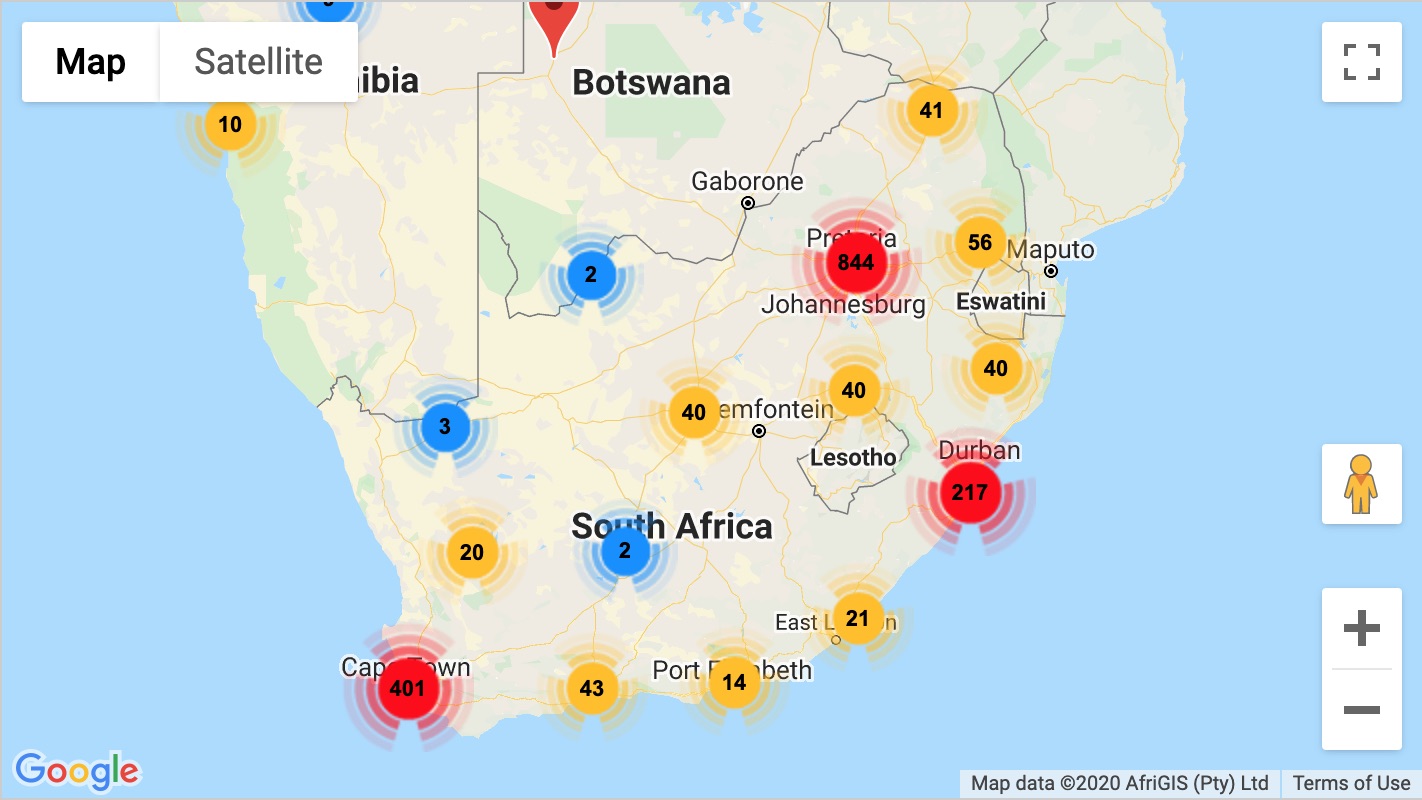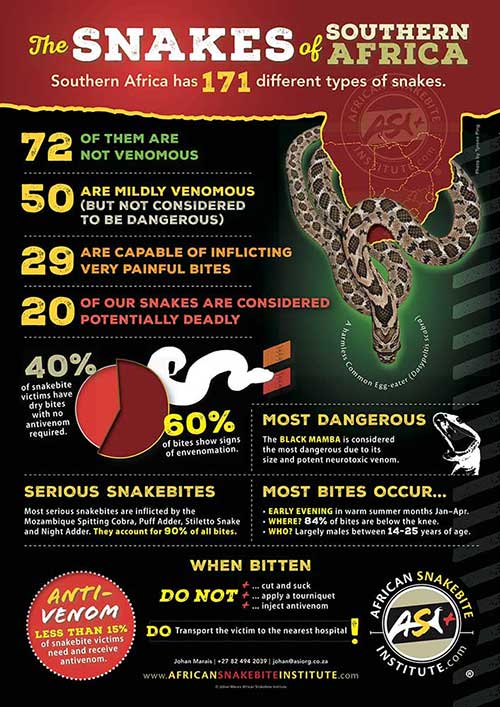PLEASE NOTE. Our offices will be closed from the 12th of December 2025 – until the 5th of January 2026. Last date for orders will be the 8th of December 2025. Any orders placed after the 8th of December 2025, will only be dispatched after the 5th of January 2026.
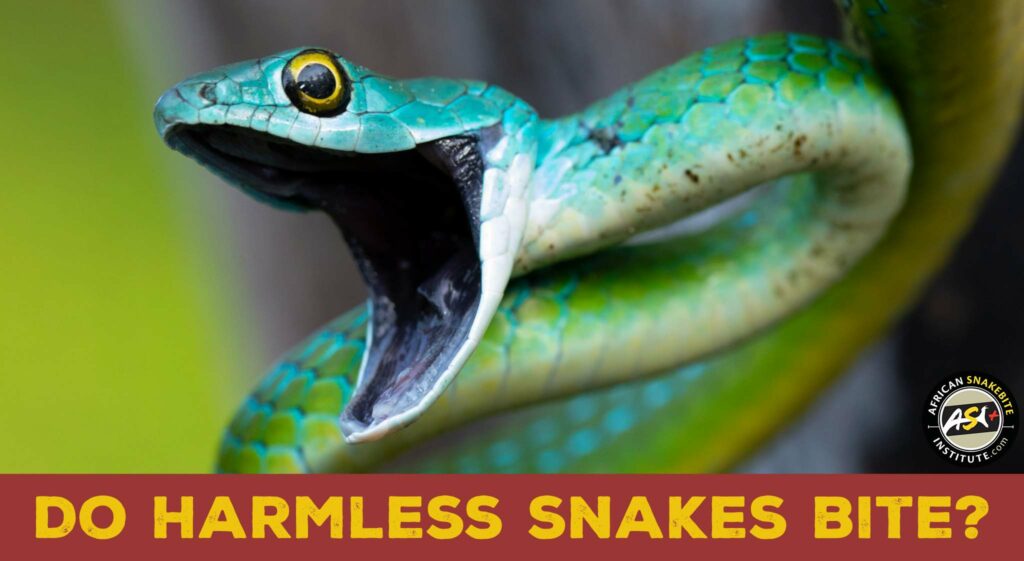
We’re often asked about snakes and the danger levels assigned to them. We’ve created the below helpful graphic to explain the differences.
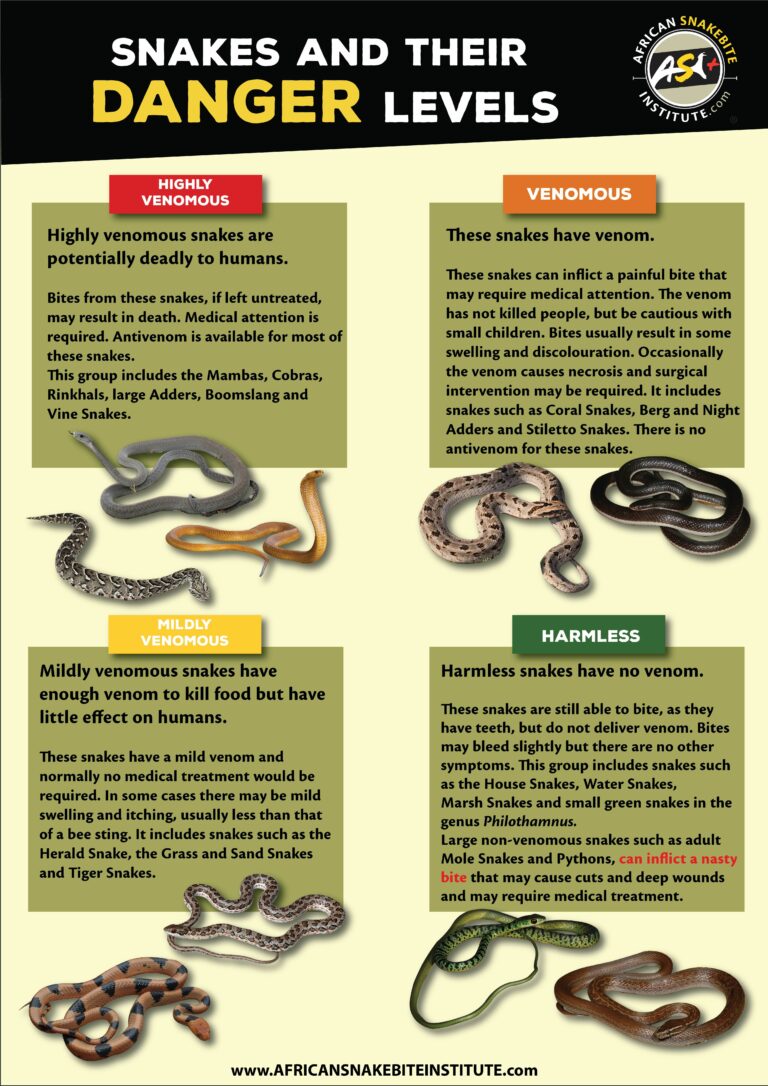
Snakes don’t have hands, and so they use their mouth and teeth to catch prey, and to defend themselves. The majority of snakes we classify as harmless, still have teeth – they just don’t have venom, or venom glands. These snakes also do not have fangs – specialised teeth used to deliver venom. Harmless snakes including the green snakes of the genus Philothamnus, Brown House Snakes, Aurora House Snakes, Water snakes, Marsh Snakes are all able to bite, and the bites may bleed, but there are no other symptoms.
The natural human reaction when bitten is to quickly pull away, and this often does more damage than the bite itself. It may also hurt the snake. Wounds can simply be washed off, and there should be little chance of any infection taking place.
Harmless wild snakes will often bite the handler, as they are stressed and defending themselves – so it’s best to release them into suitable habitat as soon as possible. Many species may bite initially but will calm down quite quickly once they realise they are not being harmed.
For large non-venomous snakes such as pythons or adult Mole Snakes, the teeth are often quite large and bites can be severe. Pythons have more than 80 recurved teeth in the mouth and once they latch on, people often pull away, causing the teeth to rip and tear through the skin, leaving wounds that often require stitches. In Mole Snakes the back of each tooth is sharp and the snakes will move the jaws back and forth whilst biting, causing deep lacerations. Be cautious of these snakes.
We advise people to avoid snake bites, even from harmless/non-venomous snakes. It is stressful for the snake and there is a good chance of breaking teeth or damaging the jaw if a person pulls away whilst being bitten. Treat these animals with respect and try and reduce the amount of stress caused to the animal.
Search
Shopping Cart
CONTACT US:
Product enquiries:
Caylen White
+27 60 957 2713
info@asiorg.co.za
Public Courses and Corporate training:
Michelle Pretorius
+27 64 704 7229
courses@asiorg.co.za
Featured Products
-
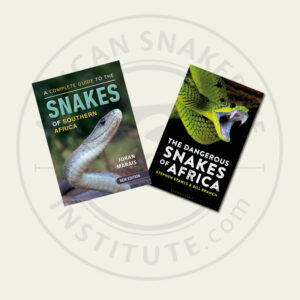 ASI Book Combo 1
ASI Book Combo 1
R1,315.00Original price was: R1,315.00.R1,120.00Current price is: R1,120.00. -
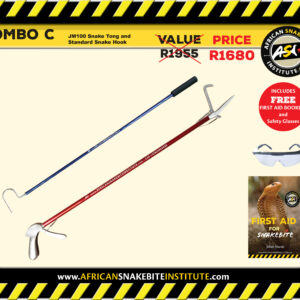 ASI Combo C
R1,680.00
ASI Combo C
R1,680.00
-
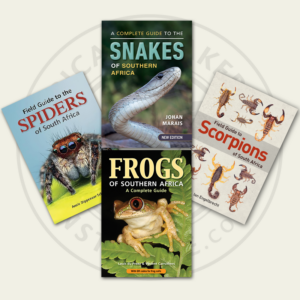 Rangers Book Combo 2
Rangers Book Combo 2
R2,080.00Original price was: R2,080.00.R1,870.00Current price is: R1,870.00.
